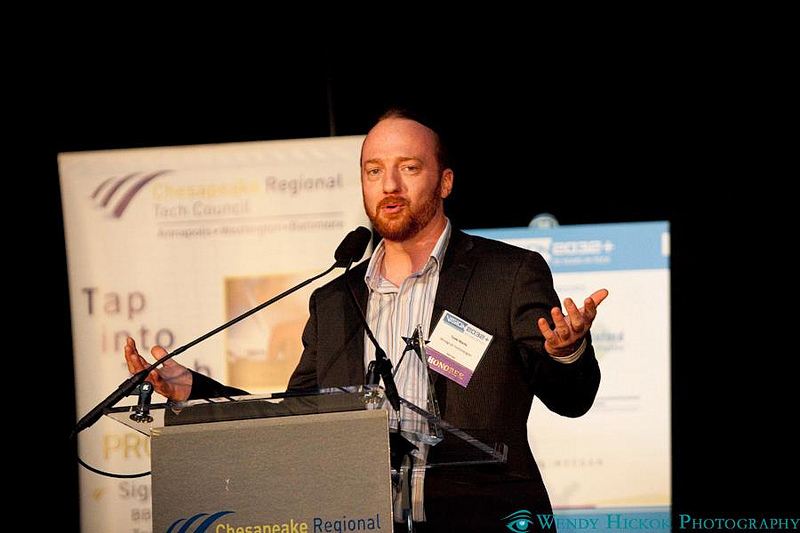Last week, D.C. Council replaced a blanket ban on non-compete clauses with a ban only for those who make less than $150,000 a year. Such clauses typically restrict employees from moving to jobs in a similar industry and potentially applying information learned from one company to another.
Non-compete clauses also tend to protect businesses at the expense of the employee, affecting their mobility in the job market.
“Non-compete agreements are fairly common, particularly with regard to key employees who are highly paid and who provide a unique value to the employer. These agreements are generally signed at the inception of employment as a term and condition of employment — meaning that employees may be required to sign them before employment begins,” said Helen A. Rella, an employment and labor attorney at law firm Wilk Auslander LLP.
These clauses (or lack thereof) can ultimately affect hiring practices, innovation, intellectual property and employee retention. Rella said they can be particularly impactful in the tech world, “where competition is fierce and employees are developing new and valuable technology where there may be a race to be the first to succeed.”
“In such cases, tech employers have an interest in prohibiting employees from developing systems and then jumping ship to go to a competitor and undermine the very purpose of the start-up — which is to develop and market new technology,” she added.
Angela Franco, president and CEO of the D.C. Chamber of Commerce, and Brett Allen, the economic booster organization’s director of government relations and public policy, applauded the decision to get rid of a blanket ban. Franco and Allen spoke with dozens of businesses in the D.C. area and lobbied lawmakers over their concerns about a blanket ban. Franco said they worked with industry leaders from the D.C. Building Industry Association, the Consortium of Universities, D.C. Hospital Association and more. All of these collaborators, Allen added, were concerned about what a blanket ban could mean for their internal products.
“Everyone had heartburn about a blanket ban because either they had information that they’d like to protect or they might venture into areas where they had information they want to protect,” Allen said.
Do non-competes actually hurt innovation?
Harvard Business School professor Andy Wu conducts research on growth strategy in the technology industry that primarily focuses on how companies organize to innovate and mobilize resources for growth. Wu said that banning non-competes often favors smaller companies, like startups, who are hiring over those that already have a workforce — the latter of which are typically more established companies.
To detractors who say that banning non-competes may hinder companies from innovating, Wu points out that California continues to be an epicenter for innovation and creativity despite banning non-competes. He cites the example of entrepreneur Eric Yuan, who left his executive position at Cisco/WebEx before launching his own video chat startup, now known as Zoom.
“I want you to try to imagine what the world would have been like if we didn’t let Eric Yuan start Zoom,” Wu said. “Most of the evidence suggests that banning non-competes is beneficial to innovation and especially entrepreneurial activity.”
Entrepreneur Todd Marks, whose Baltimore-based custom mobile and web app development consultancy Mindgrub has employees in D.C., believes that companies need protections for their intellectual property. Still, he admits that non-competes may not be the best way to enforce that.
“They really originated from protecting the business’s IP, first and foremost,” Marks says. “Now that employees transfer jobs that much more readily, it’s a detriment to them to have signed a non-compete and not to be able to work.”
Marks says that non-competes can protect companies, but employees should be able to transfer their skills in different positions within the same industry as long as they were not revealing trade secrets. Marks would remove non-competes for his D.C. employees if the law mandated him to, but he would make sure they were clear on what intellectual property within the company is protected and what is not.
While non-competes are prevalent within companies, very few of them actually use them as an enforcement mechanism. Enforcement of non-compete agreements can be costly and typically involve court action, Rella told Technical.ly.

“We’ve yet to enforce our non-compete,” Marks noted. “We haven’t had a situation where there’s been direct competition.”
Few local tech founders seem actually interested in discussing this as deeply as Marks, though: Technical.ly reached out to nine other tech companies based in D.C., a third of which declined to comment. The rest did not respond.
Wu points out that non-competes can have a “chilling effect” in which the threat of a non-compete’s enforcement is enough to stop people from being able to switch jobs and start companies just because people are scared of being sued. He thinks that the ban for workers earning less than $150,000 “is a very good starting point.”
“I think that negative effect is much smaller than the societal benefits we’ll get from unlocking this whole class of skilled labor and allowing them to seek optimal employment and start entrepreneurial firms,” he said.






